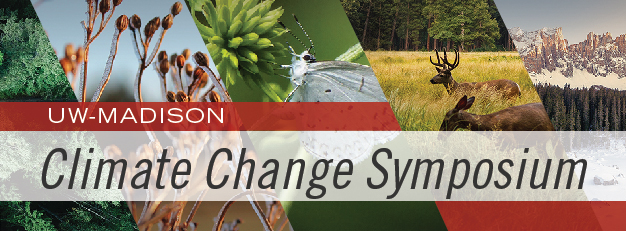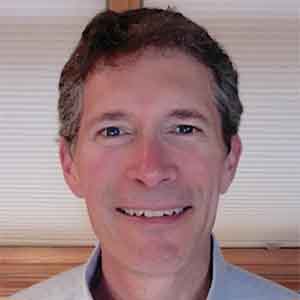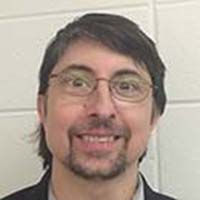The Center for Climatic Research (CCR) held the 2023 Climate Change Symposium: Will Wisconsin become a Climate Haven? on November 7 at the Wisconsin Institute for Discovery’s DeLuca Forum, 330 N. Orchard Street.
The Climate Change Symposium provides an opportunity for the community to learn about the effects of climate change on our natural resources and ecosystems, as well as economic and public policy implications. This year’s theme — Will Wisconsin become a Climate Haven? — presented a balanced and in-depth discussion about the possibility of climate-induced human migration to Wisconsin.
The symposium featured presentations from three expert panelists, followed by a group Q & A. Panelists were:
- Alexandra Tempus, climate-change journalist and UW alumna
- Anna Haines, land use and community development professor, UW–Stevens Point and UW–Madison Division of Extension
- Steve Vavrus, CCR scientist and co-director, Wisconsin Initiative on Climate Change Impacts (WICCI)
Meet the Panelists
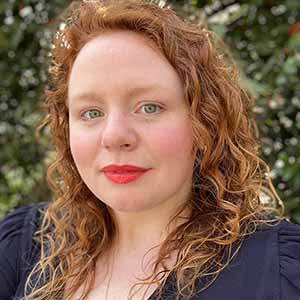
Alexandra Tempus
Journalist Alexandra Tempus has written on climate-driven migration for, among others, the New York Times, Rolling Stone, Orion, Vice, and The Nation. She’s a three-time climate reporting fellow and has appeared on CNN, Wisconsin Public Radio, and elsewhere. Tempus was previously an editor at The Progressive, where she regularly covered climate migration in the Midwest and curated an issue on grassroots climate adaptation. She was also a lead researcher on Naomi Klein’s 2014 bestseller This Changes Everything: Capitalism vs the Climate. Her book on climate migration inside the United States is forthcoming from St. Martin’s Press.
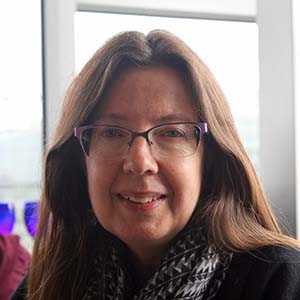
Anna Haines
Anna Haines is a land use and community development professor in the College of Natural Resources at the University of Wisconsin–Stevens Point and UW–Madison Division of Extension, and is a director of the Center for Land Use Education. She is engaged with WICCI in multiple ways, including co-chairing the Science Advisory Board, the Community Sustainability working group, and the Climate Migration subgroup.
Haines uses a sustainability lens to analyze natural, human, and built environments from small sites within a city to regional landscapes. Her research has examined social, institutional, and ecological systems at multiple scales and their implications for policy and land management in rural areas, especially the upper Midwest. Most recently, she has started to delve into what climate migration might mean for Wisconsin’s communities.
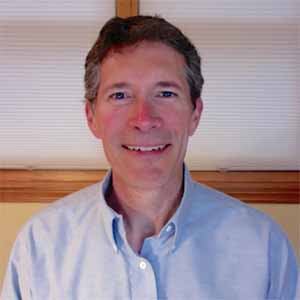
Steve Vavrus
Steve Vavrus is director of the Wisconsin State Climatology Office and a senior scientist in the University of Wisconsin–Madison’s Nelson Institute Center for Climatic Research, where he is the assistant director. He is an expert on Wisconsin climate, extreme weather, global climate change, and Arctic climate. Most of his research involves computer climate models to estimate changes in Earth’s climate in the past (paleoclimate) and future.
Vavrus is the co-director of the statewide Wisconsin Initiative on Climate Change Impacts (WICCI) and is a member of its Climate Working Group. He is also a member of the Wisconsin Heat Health Network, the Wisconsin Climate and Health Program’s Science Advisory Team, and the American Association of State Climatologists. He earned an MS and PhD in atmospheric sciences from the University of Wisconsin–Madison and a bachelor’s degree from Purdue University.
About the Climate Change Symposium
Since 2015, the Center for Climatic Research (CCR) has hosted an annual Climate Change Symposium, providing an opportunity for the UW-Madison community to learn about the effects of climate change on our natural resources and ecosystems, as well as economic and public policy implications.
The symposium has featured leading scientists from UW–Madison and beyond, along with panel discussions, student talks, and the Reid Bryson Scholarship Competition.
Past topics have included:
- Projecting the future of the biosphere and climate
- Planning for climate-driven species movements
- Sea-level rise in response to global warming
- The potential of plants as a global source of fuel and food
